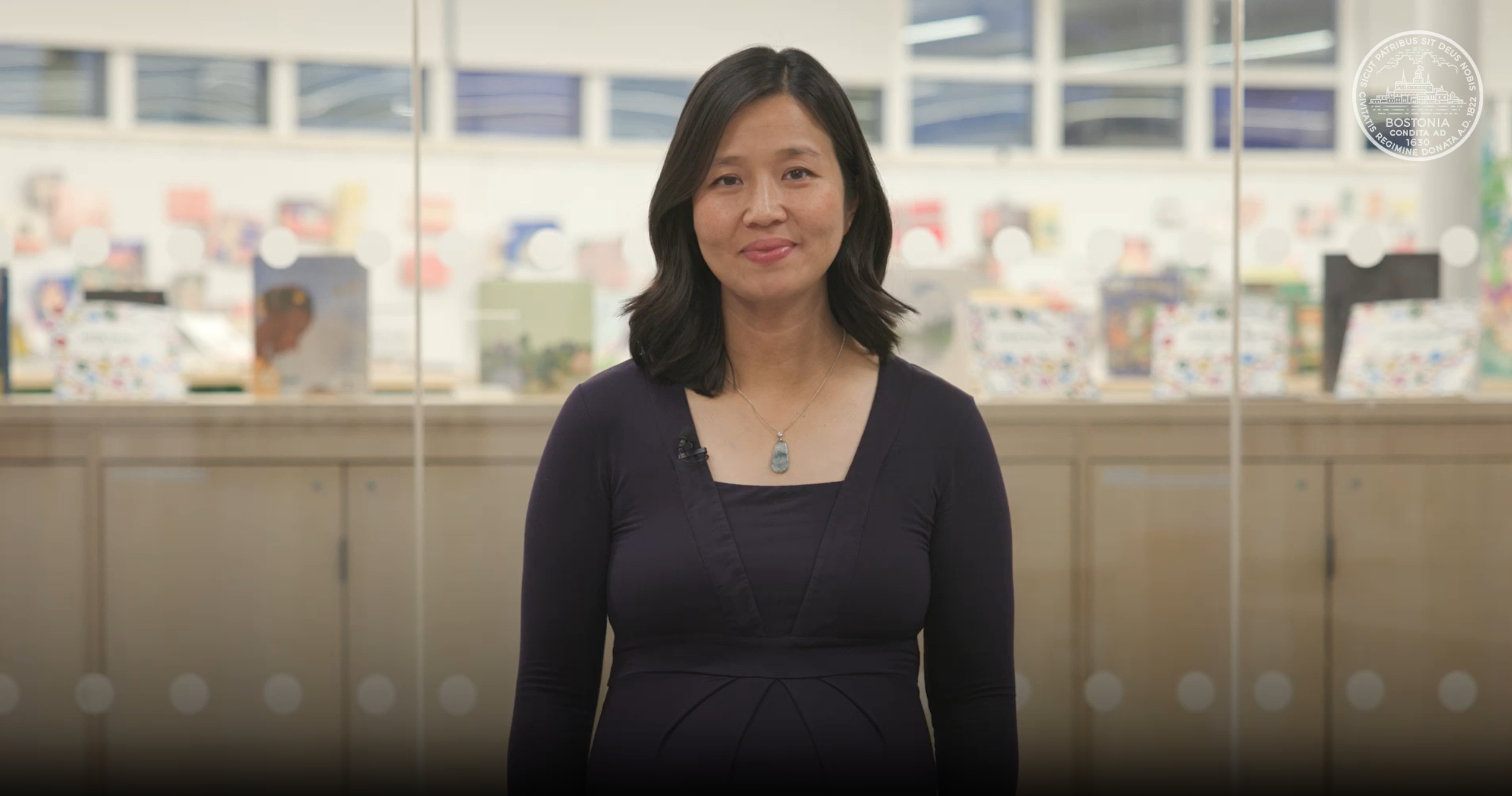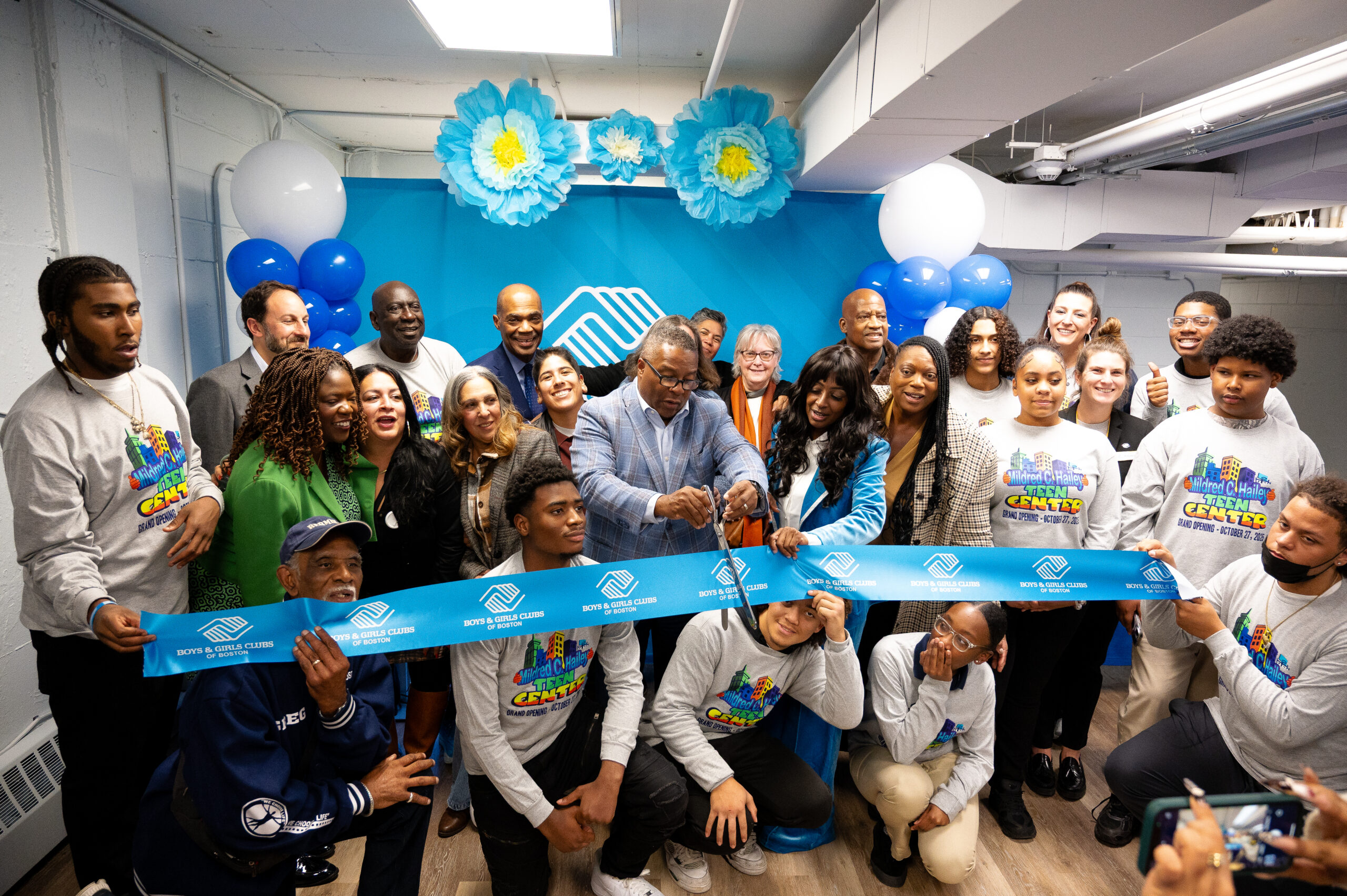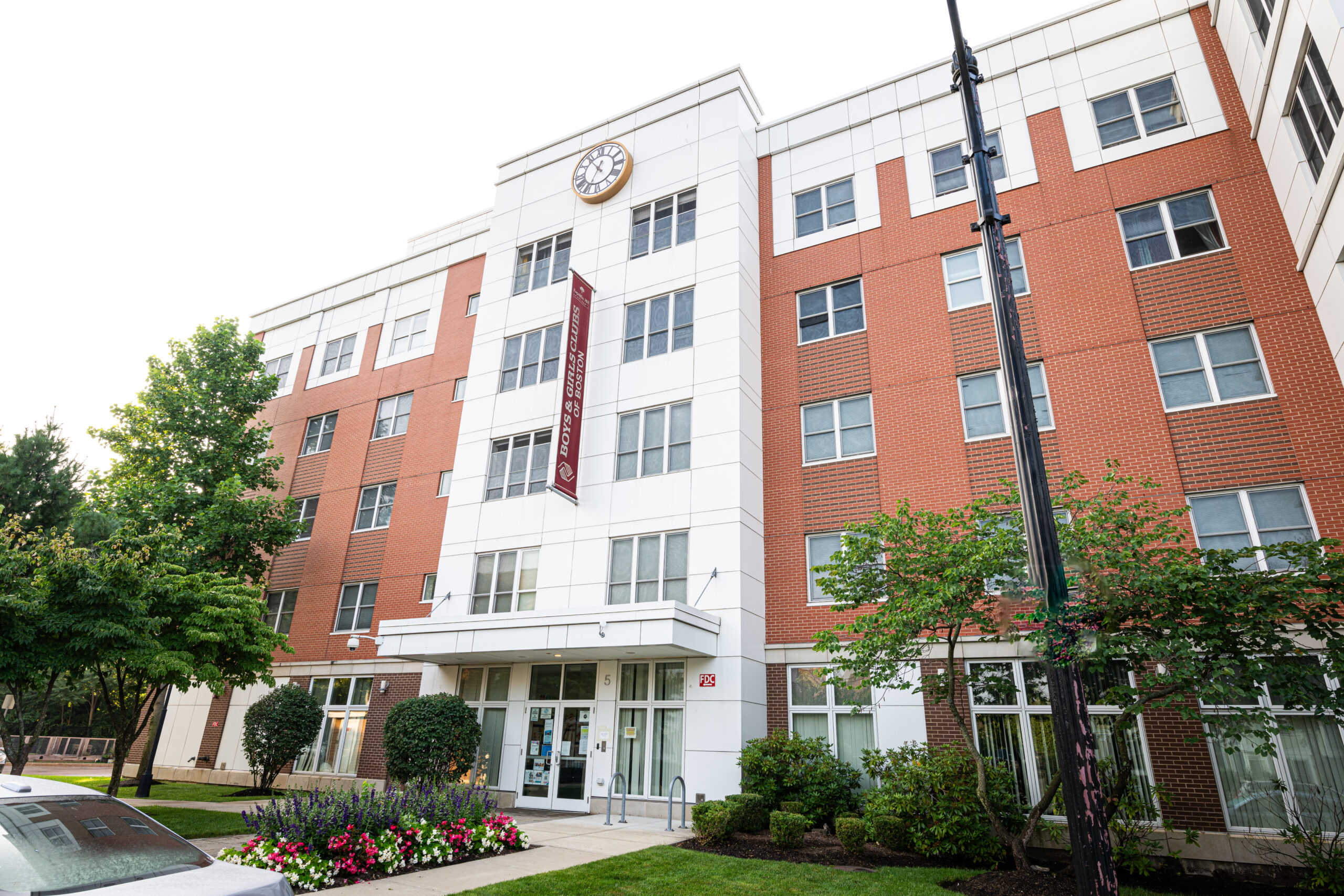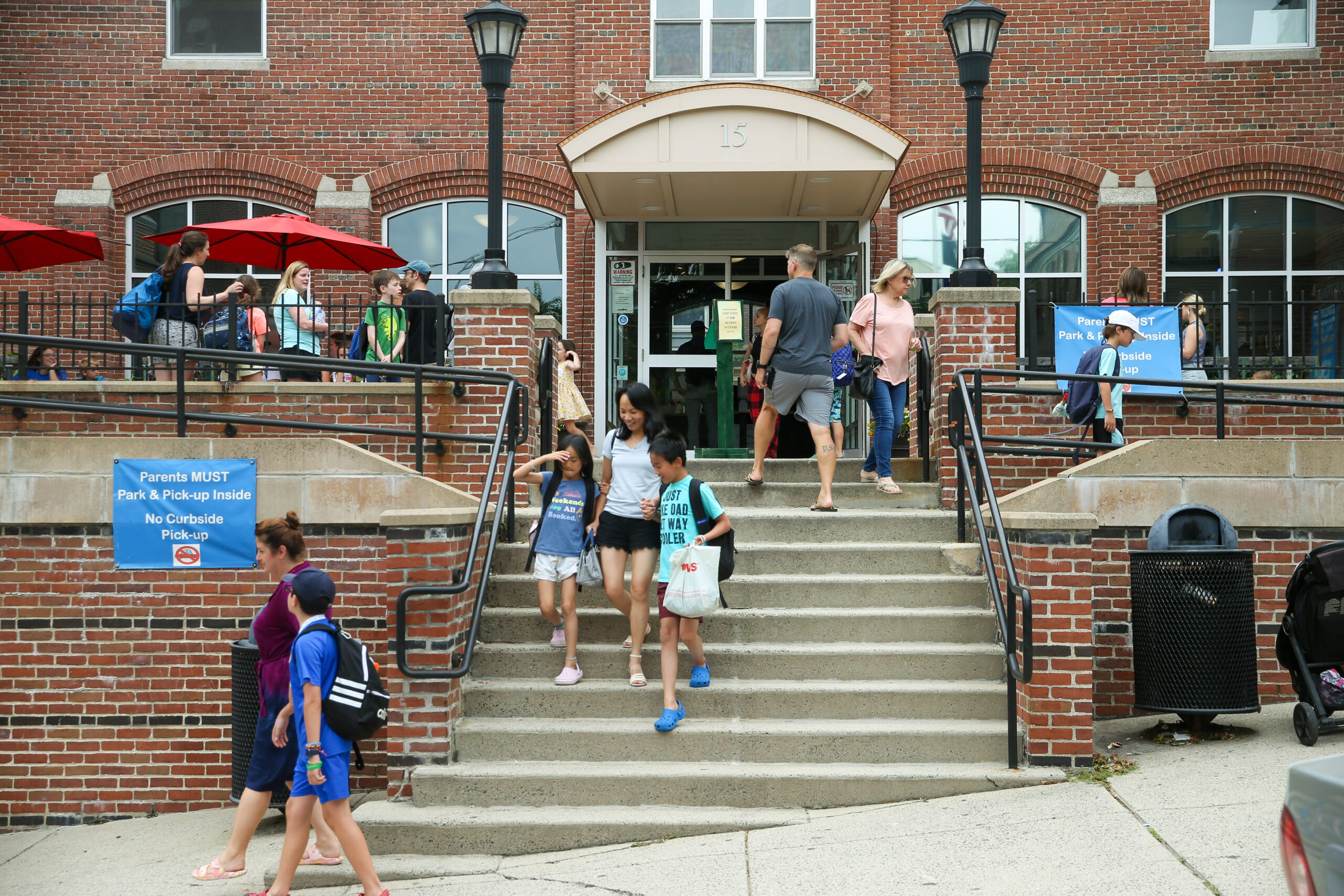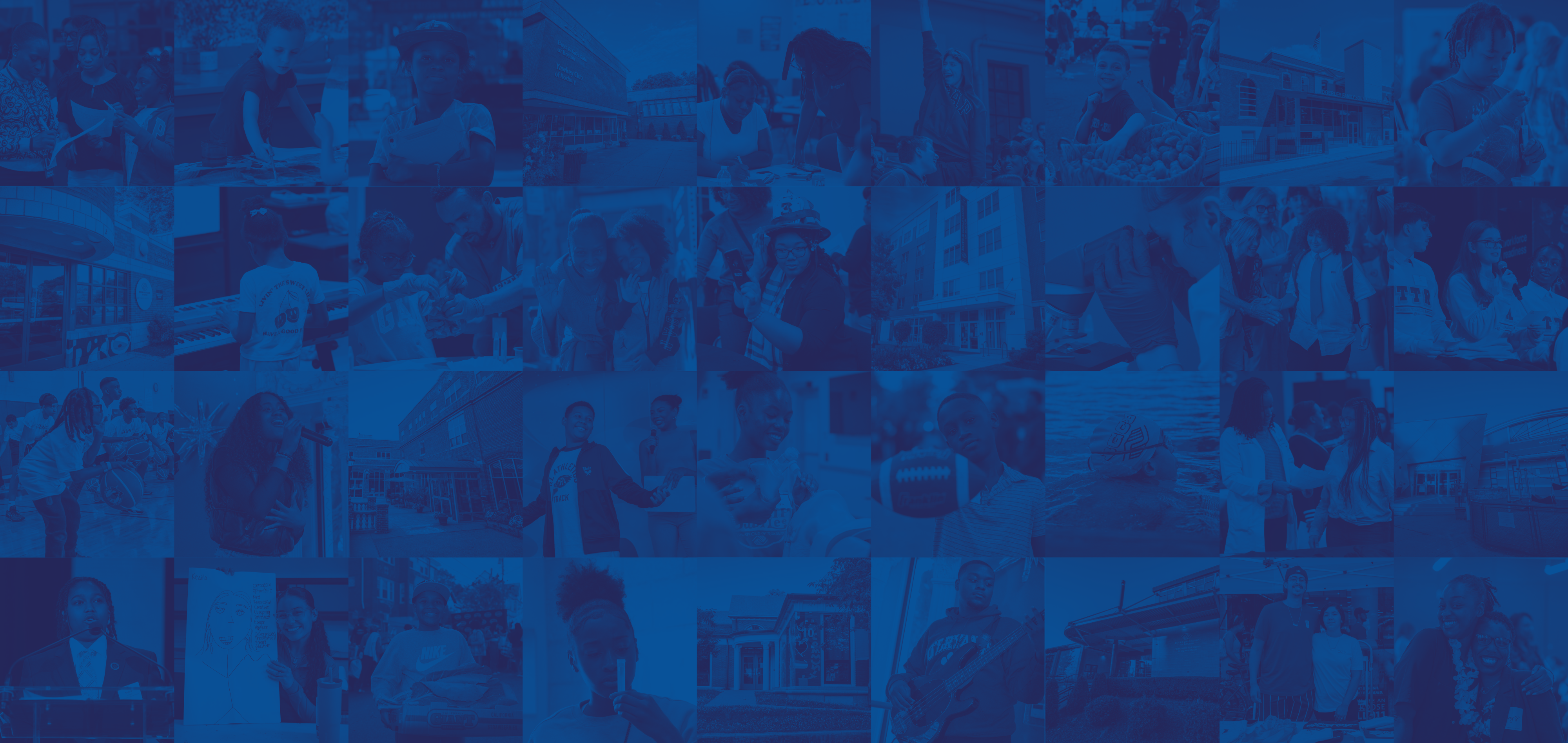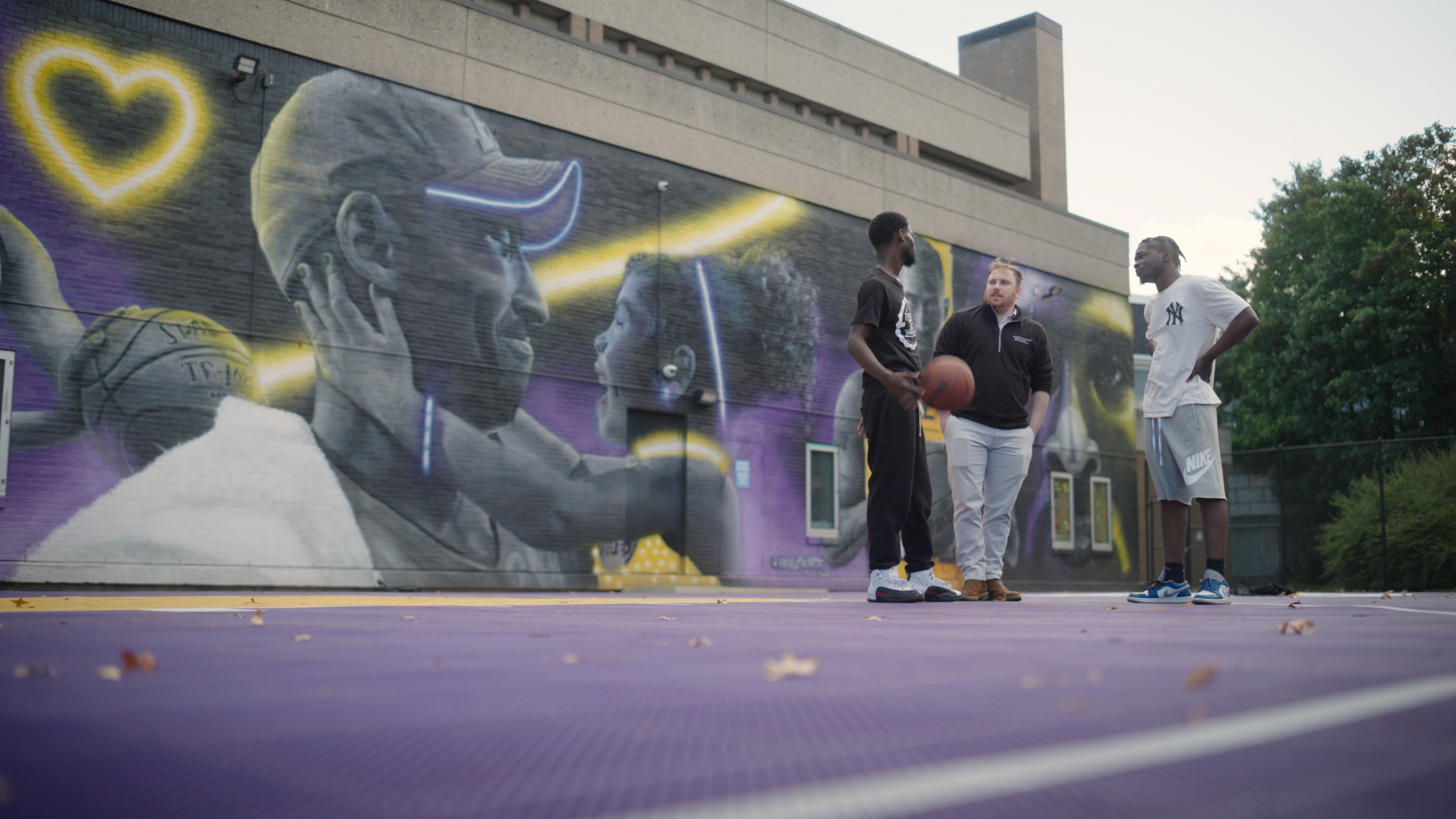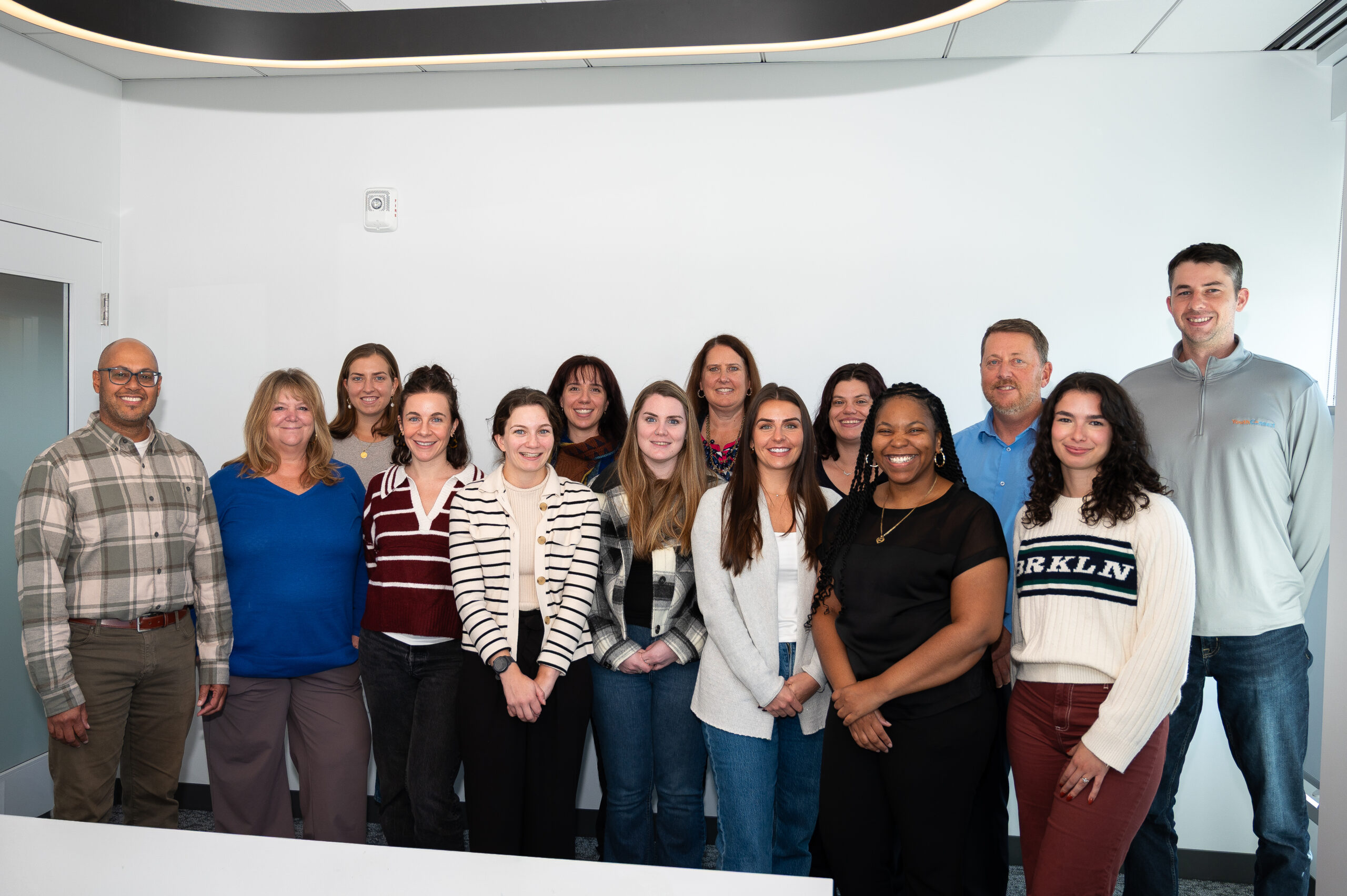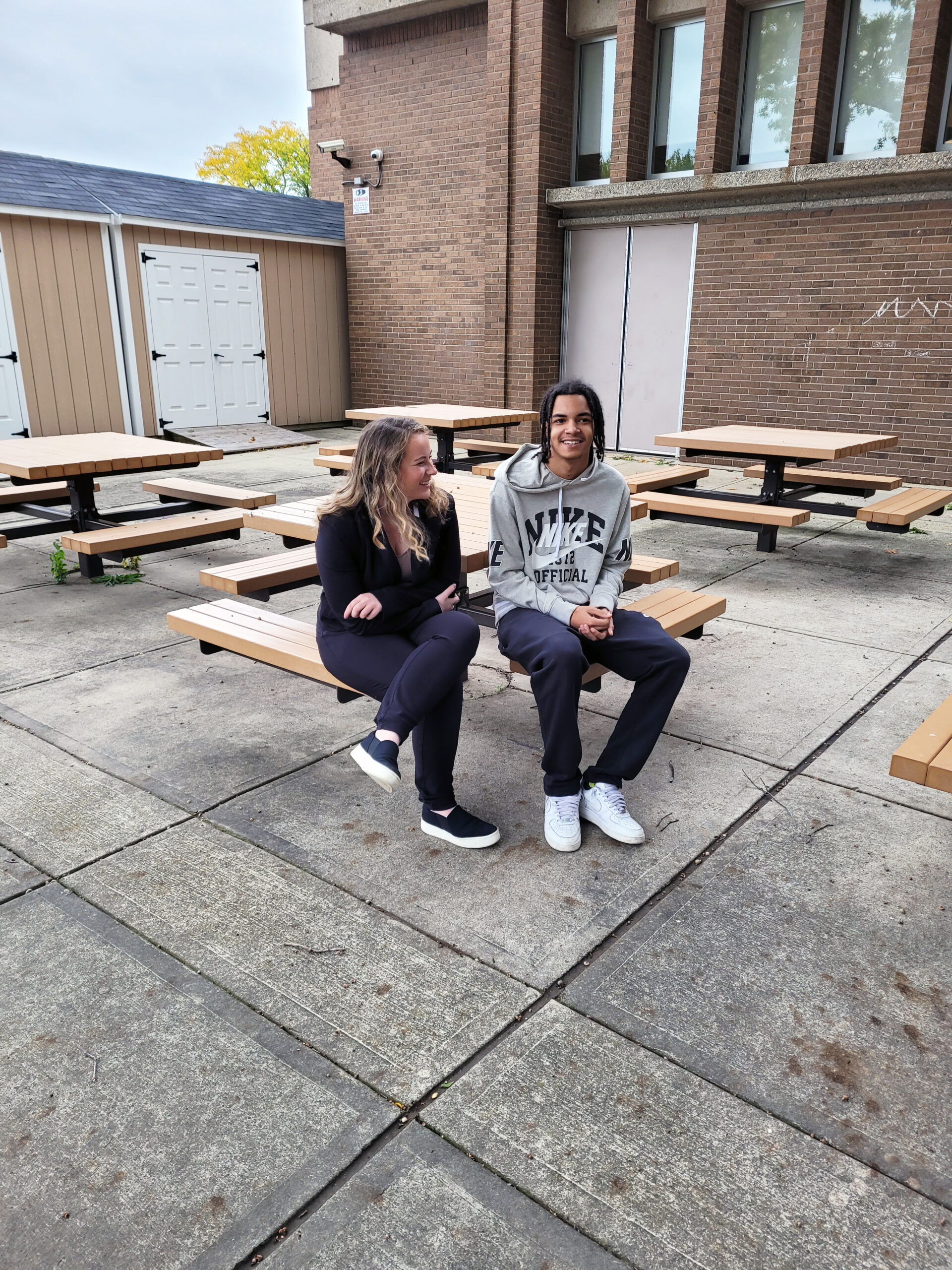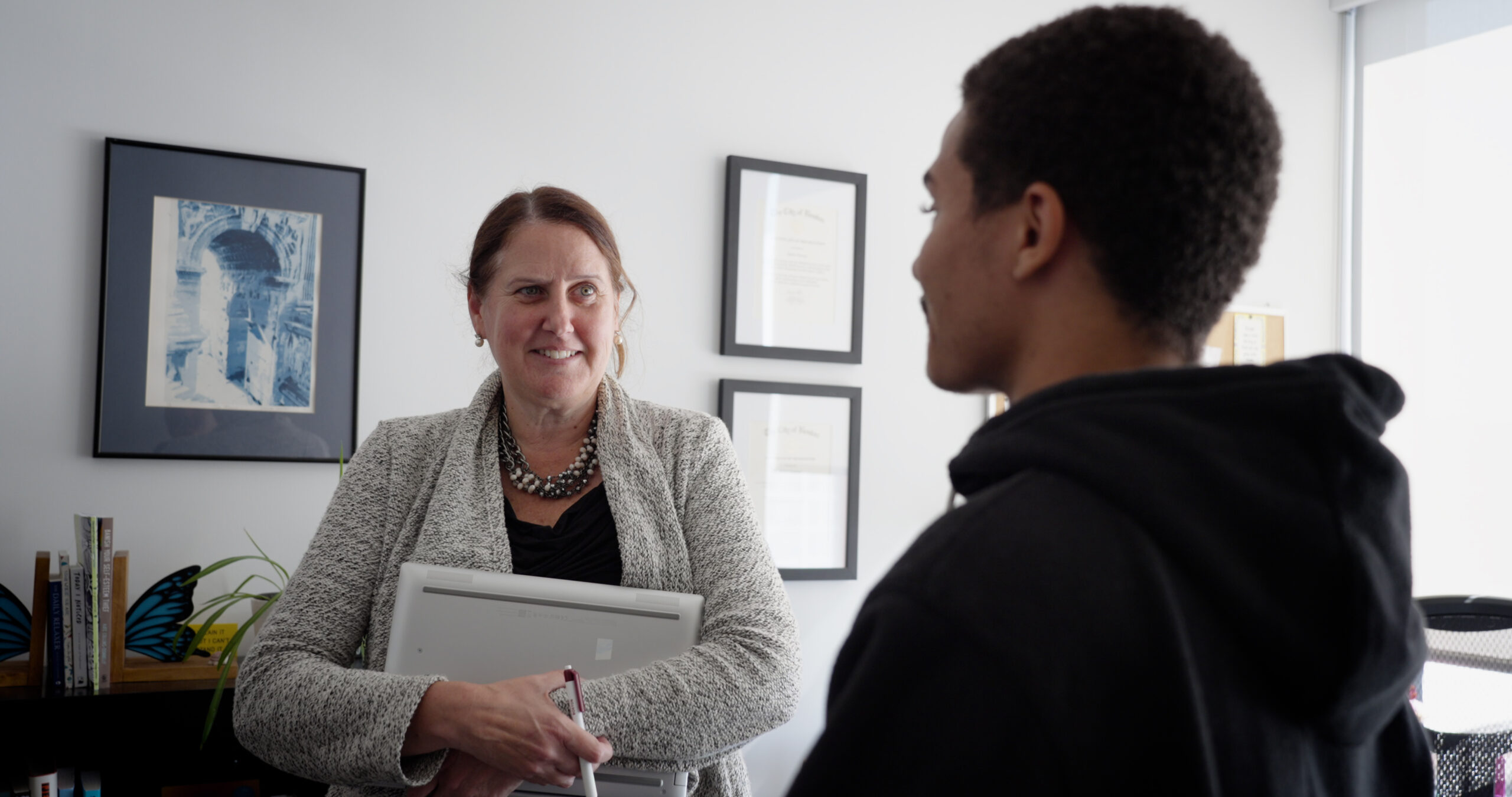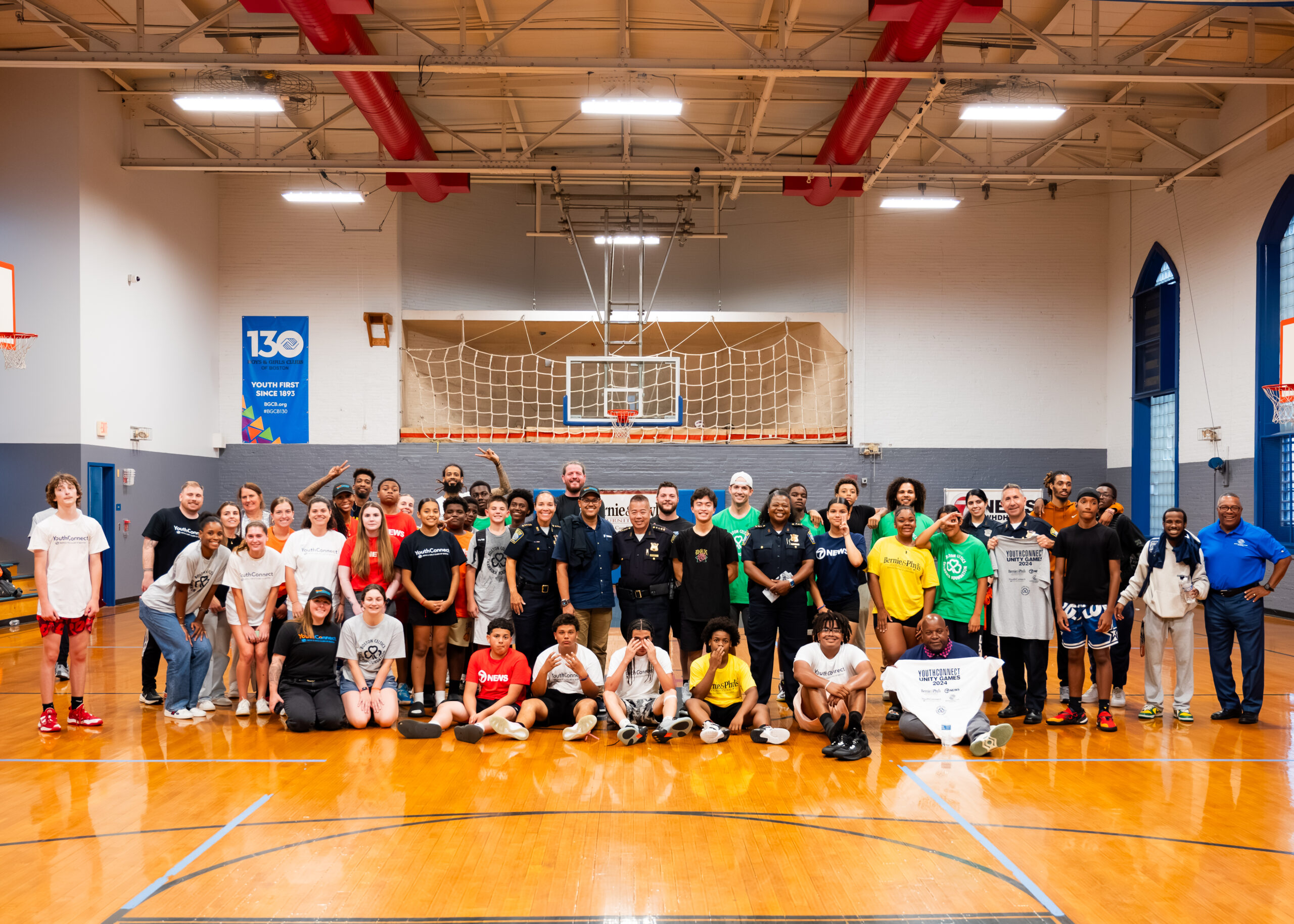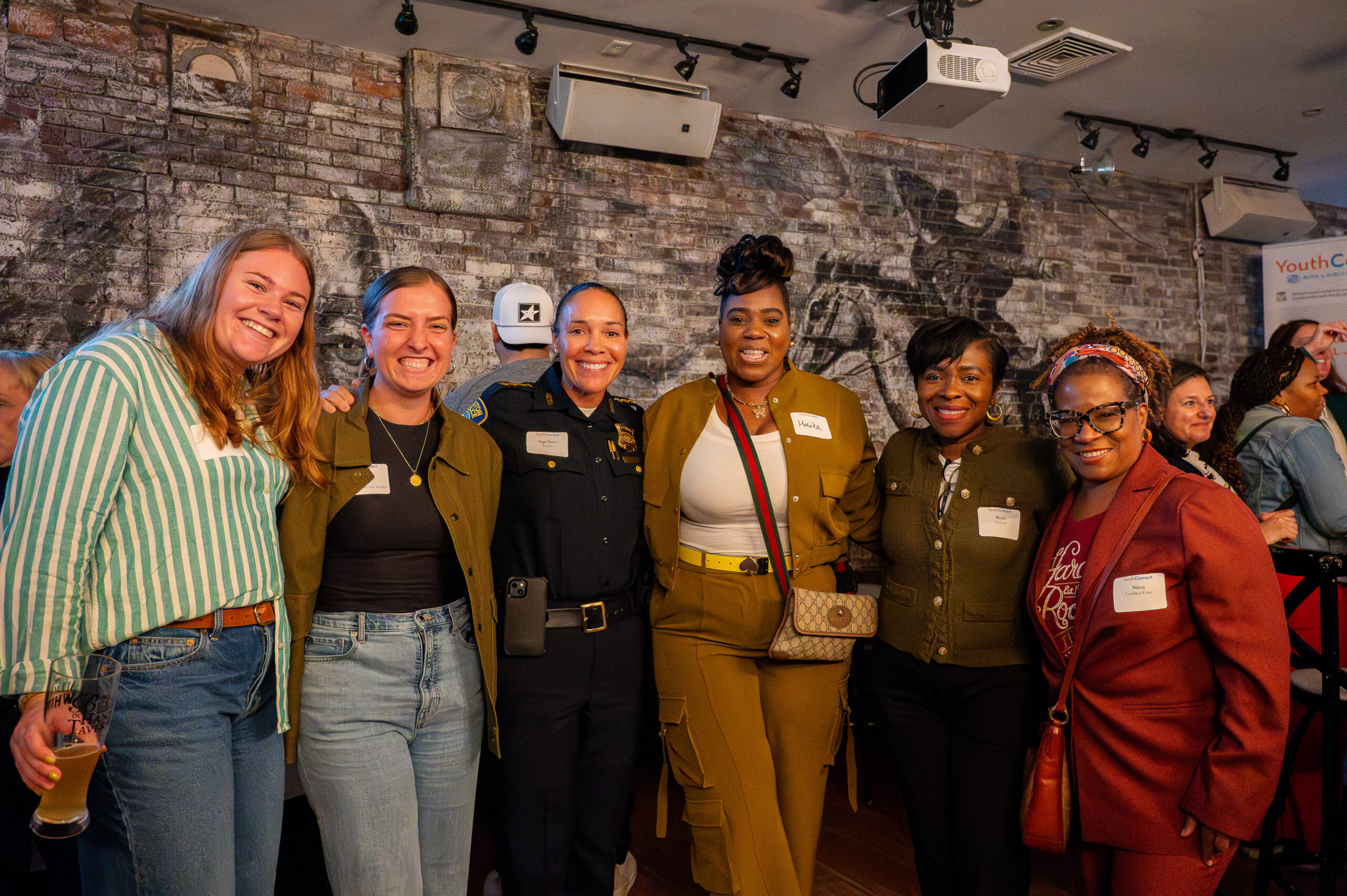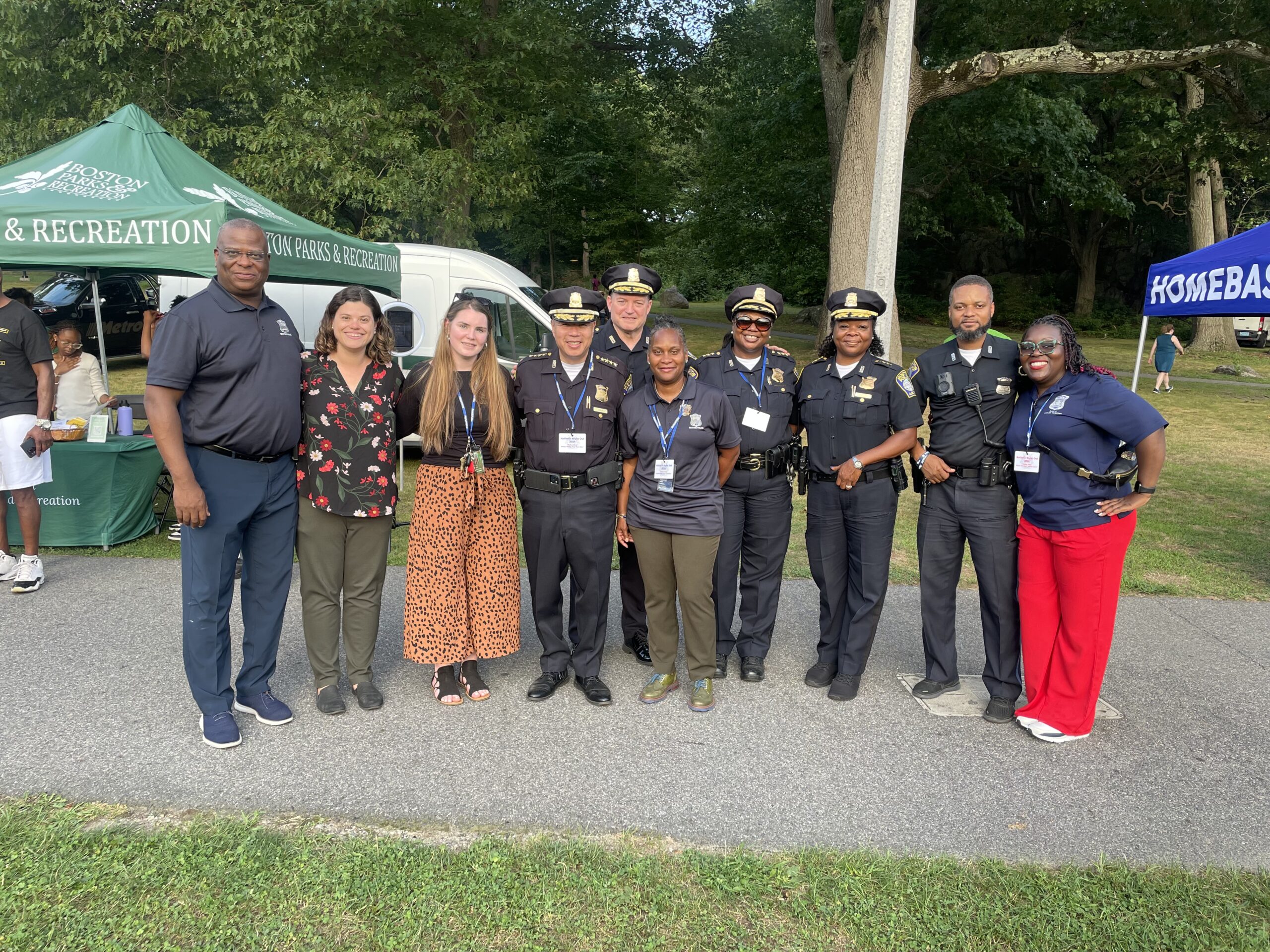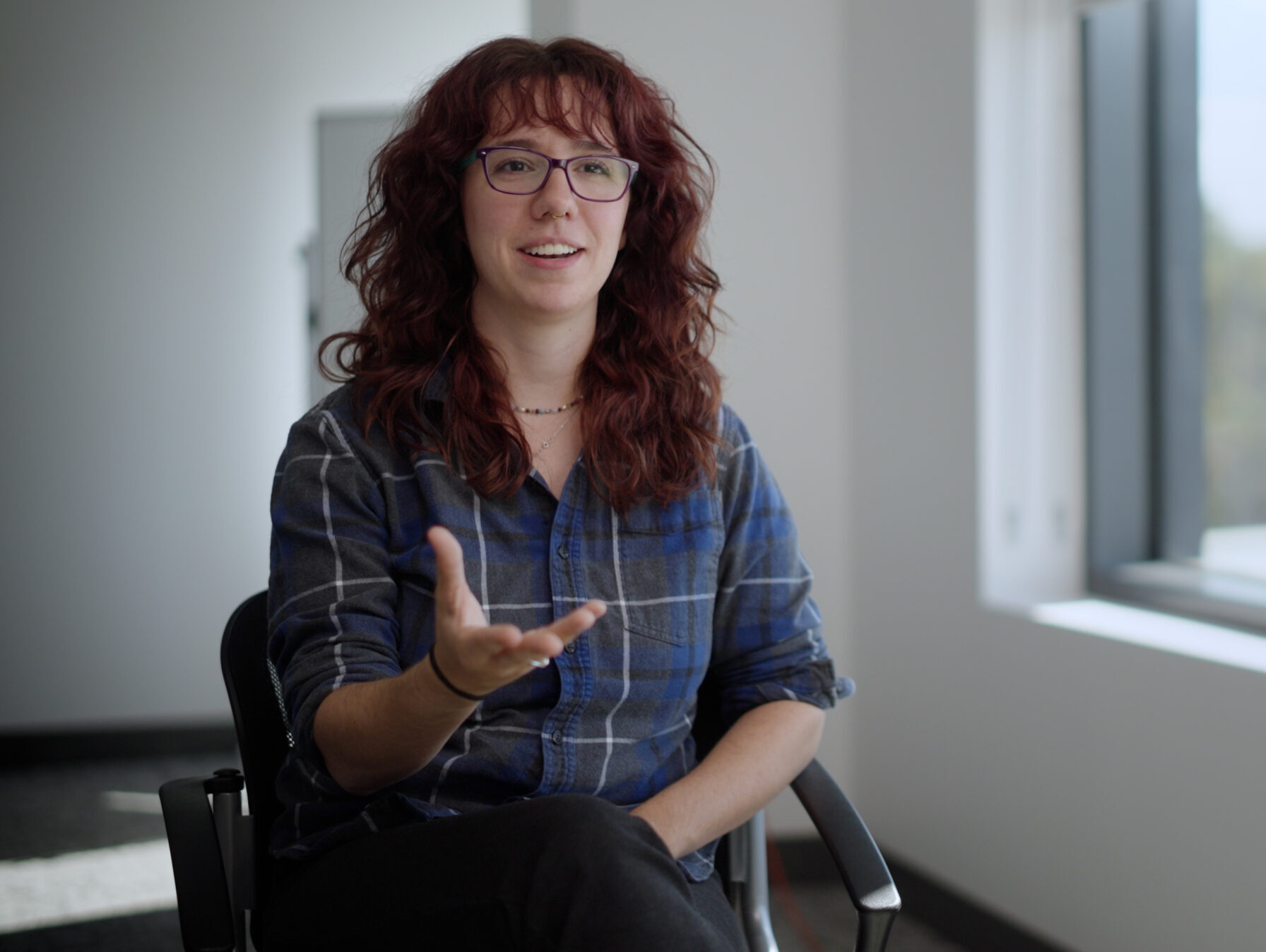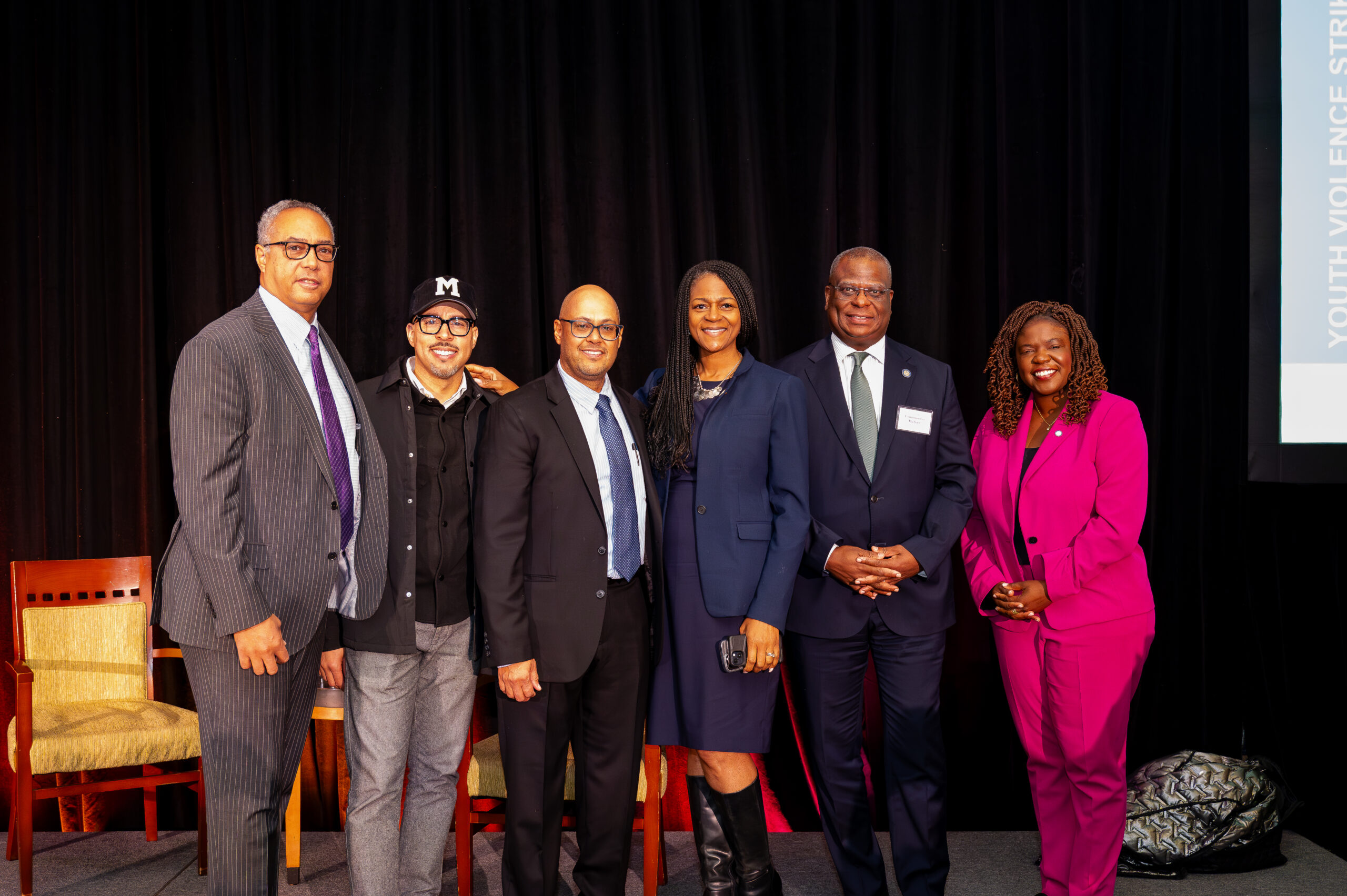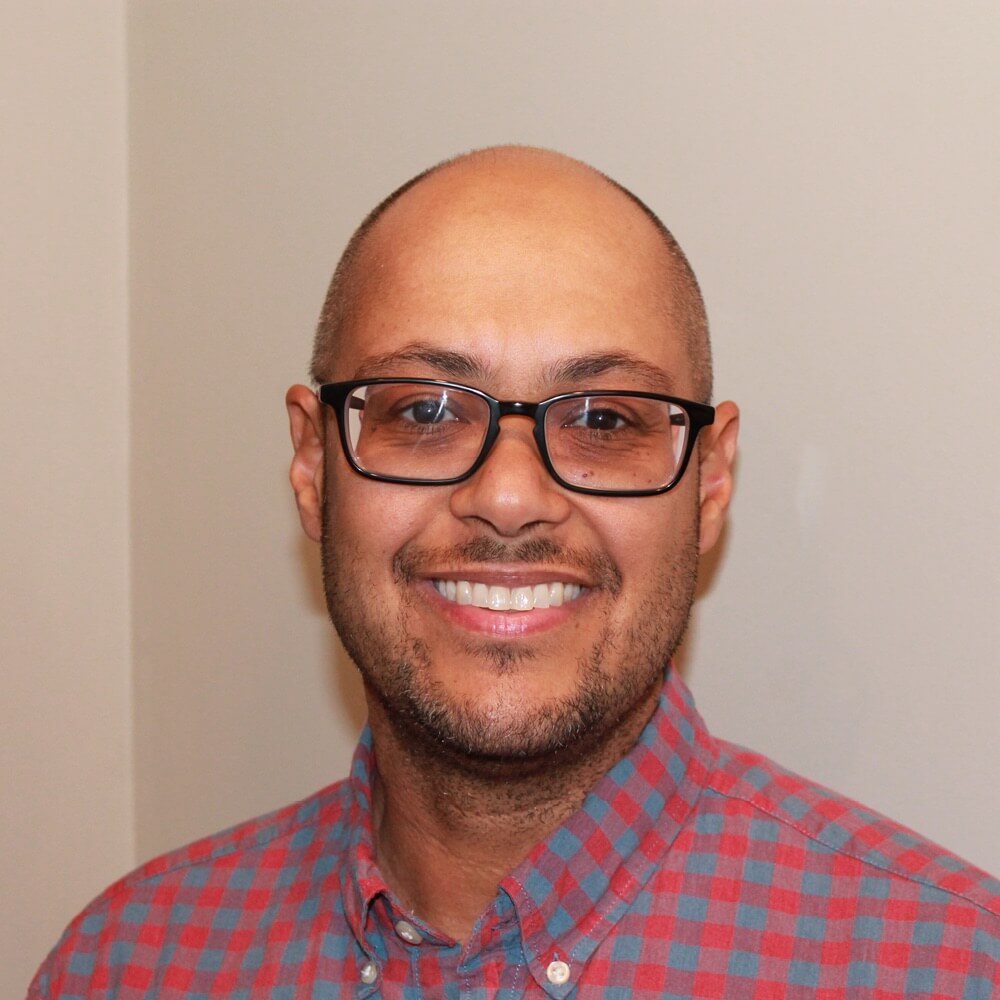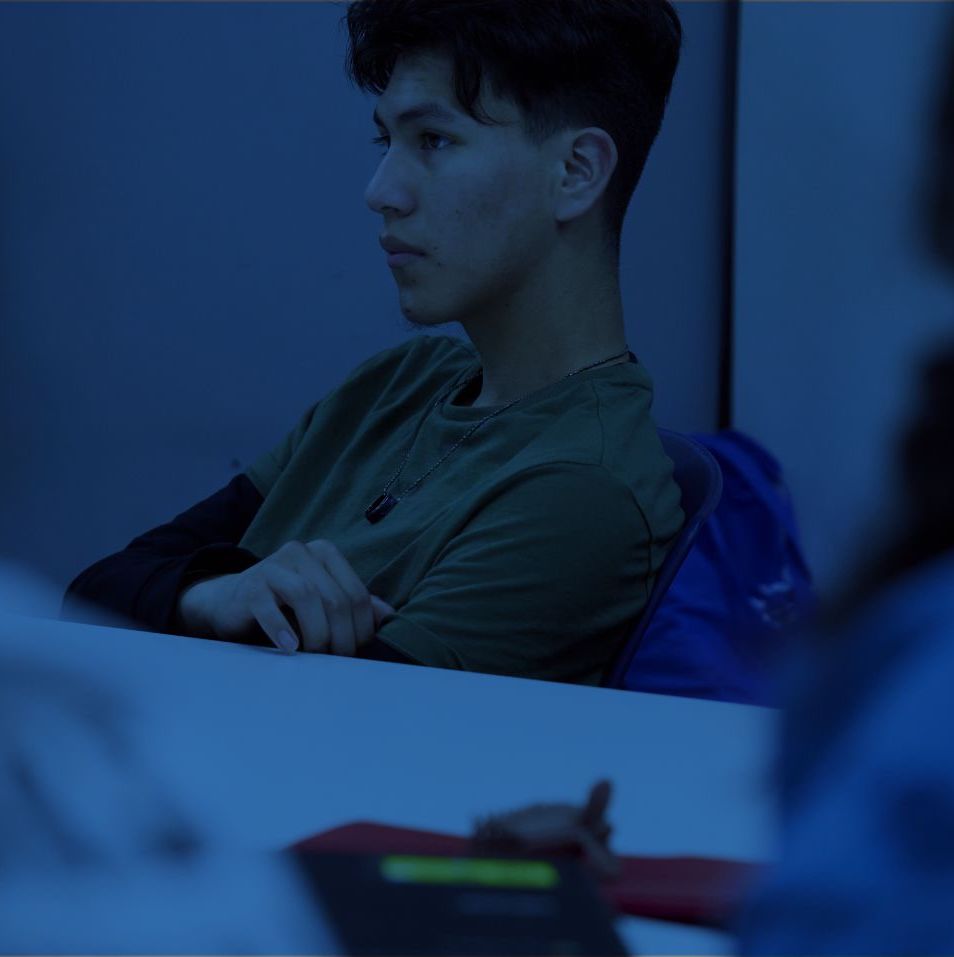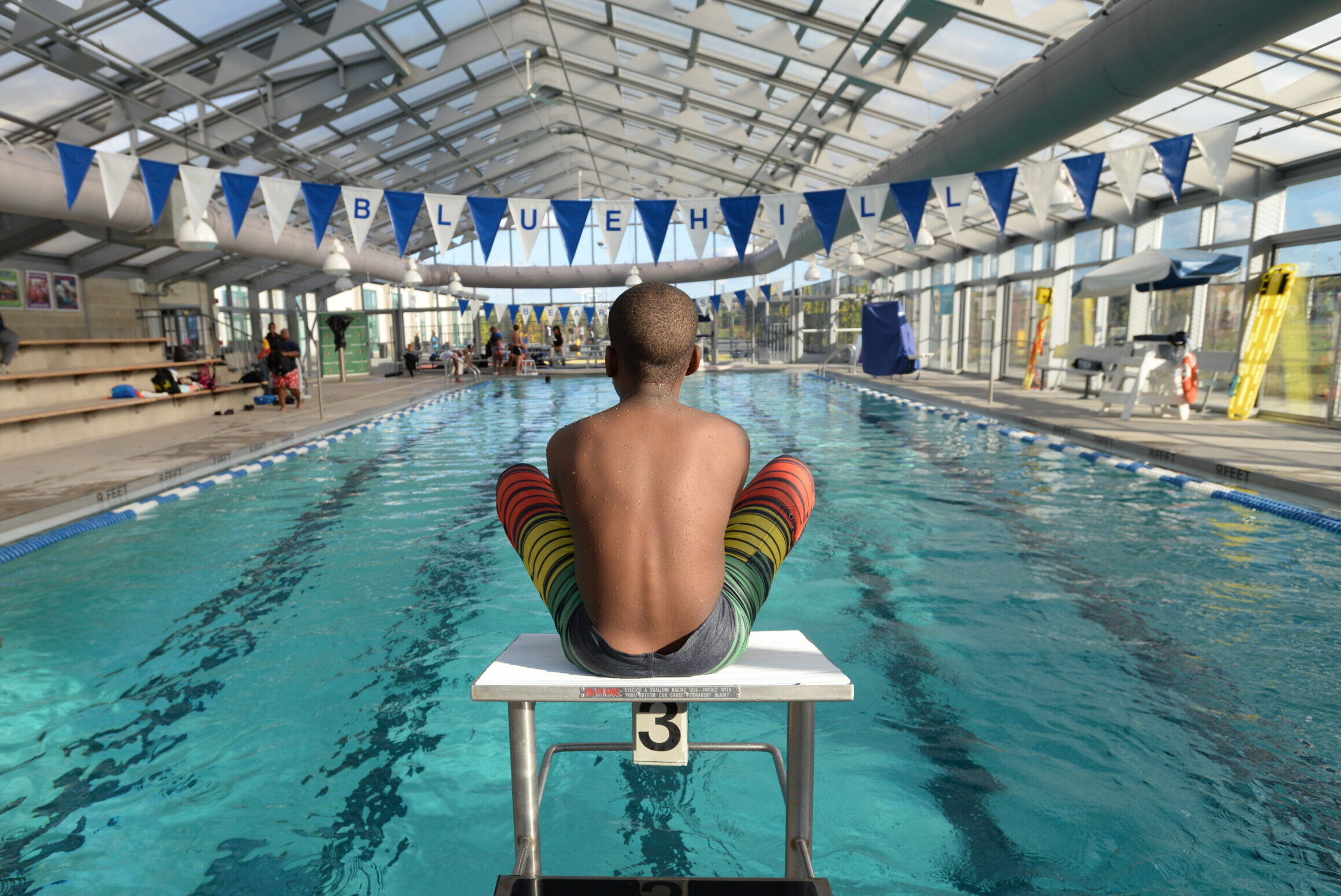Clinical social workers connecting Boston’s youth to positive choices
YouthConnect partners with young people and families to create safer, stronger communities through free, trauma-responsive mental health and advocacy services. Working alongside the Boston Police Department, our licensed clinical social workers offer immediate support, essential resources, and lasting connections that help families build stable, hopeful futures.
Did You Know?
65-70% of youth in contact with the juvenile justice system have a diagnosable mental health disorder.
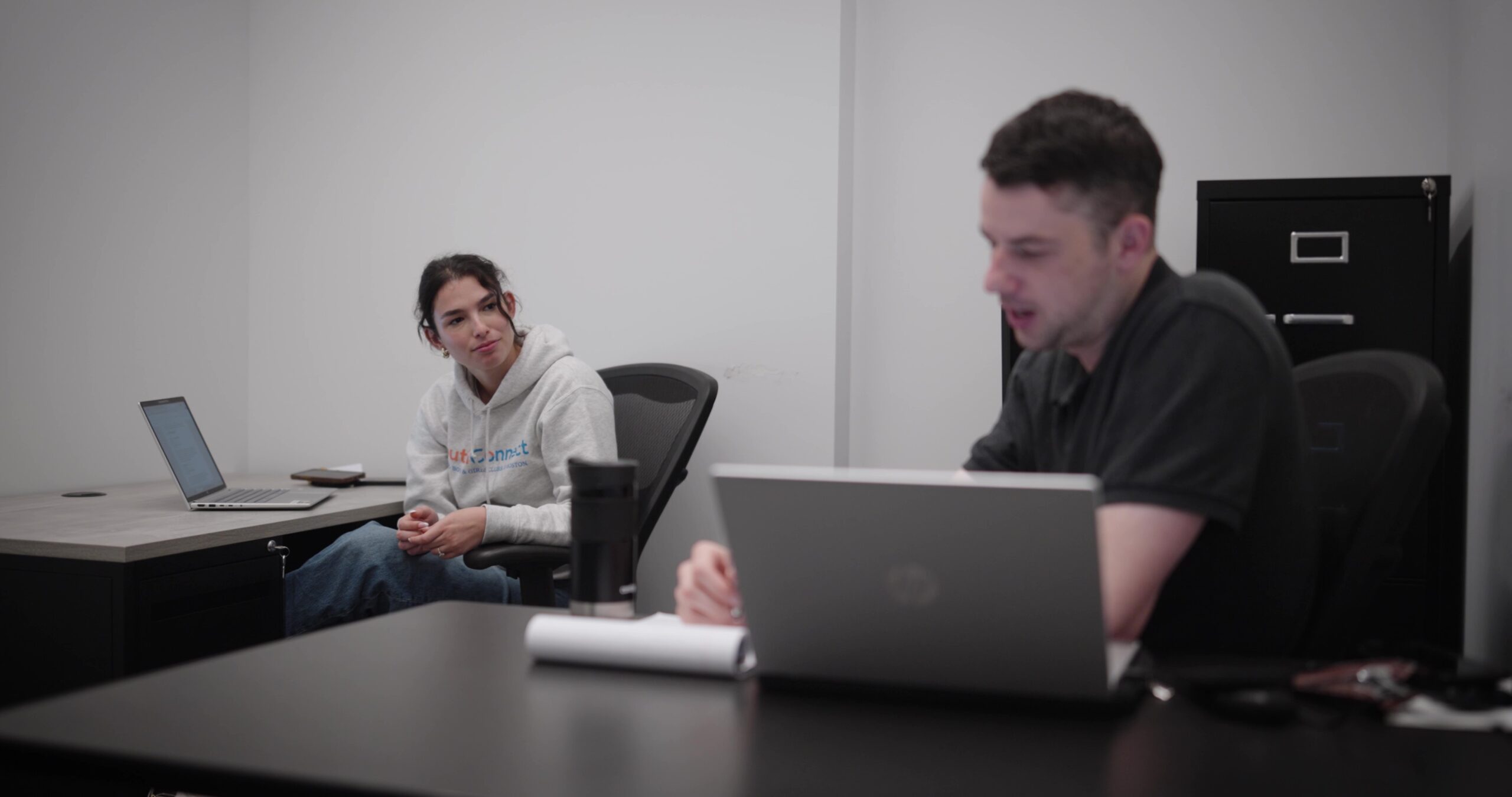
Our strong ties with government and community partners help young people access the care and services they need for a brighter future.
YouthConnect’s innovative clinical model enables social workers to not only assist a wide-range of youth, but also help their families. Services are often put in place for the younger children in the family to help ensure their academic and out-of-school time needs are met, and YouthConnect also works directly with the teen’s parent/guardian to address their concerns and needs.
In addition, our staff provides community‑based counseling to address issues related to truancy, delinquency, safety, substance abuse, victimization, school performance and family functioning.
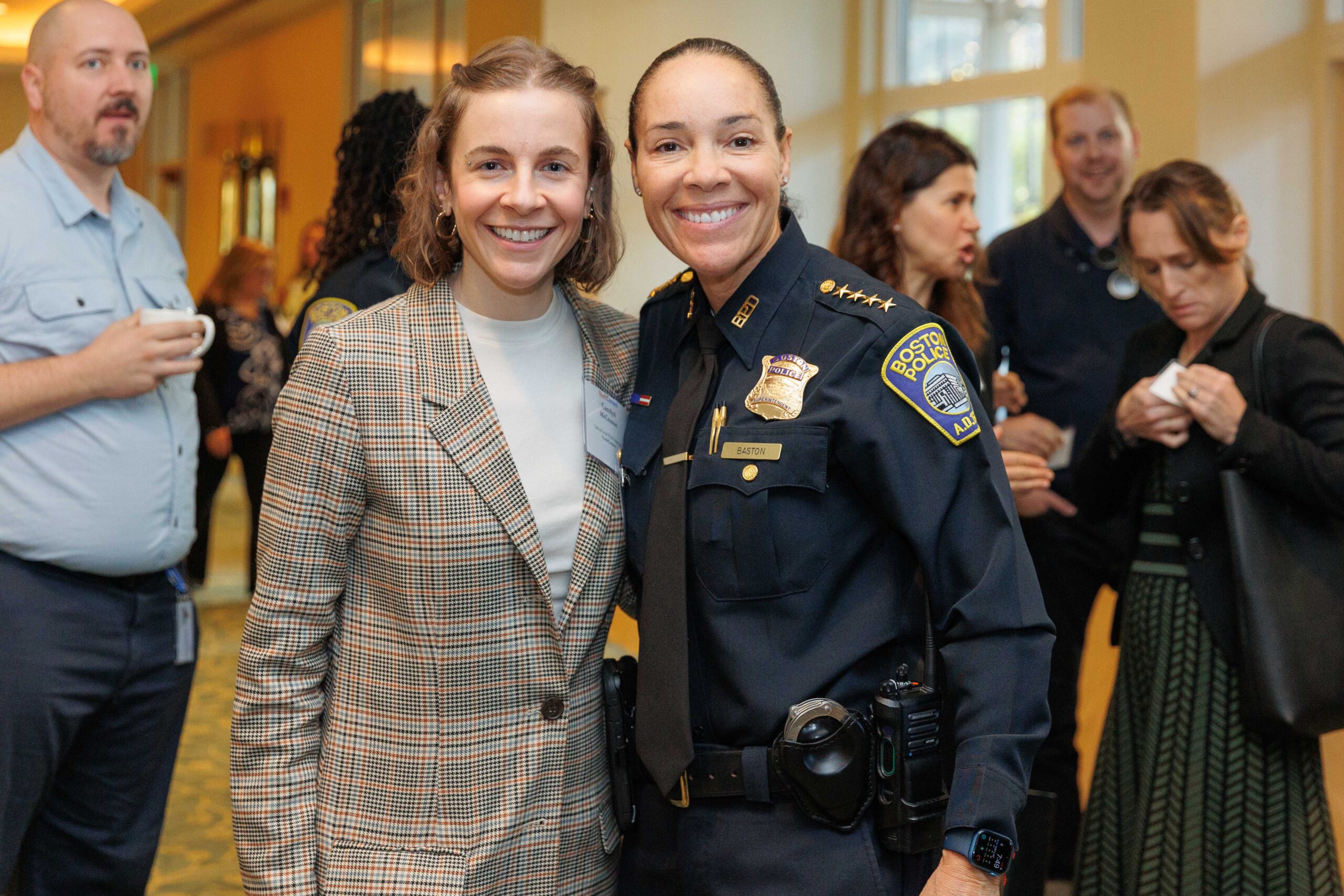

300 East Eagle St, Boston, MA 02128
2400 Washington St, Roxbury, MA 02119
1165 Blue Hill Ave, Boston, MA 02124
40 Gibson St, Dorchester, MA 02122
650 Harrison Ave, Boston, MA 02118
3345 Washington St, Jamaica Plain, MA 02130
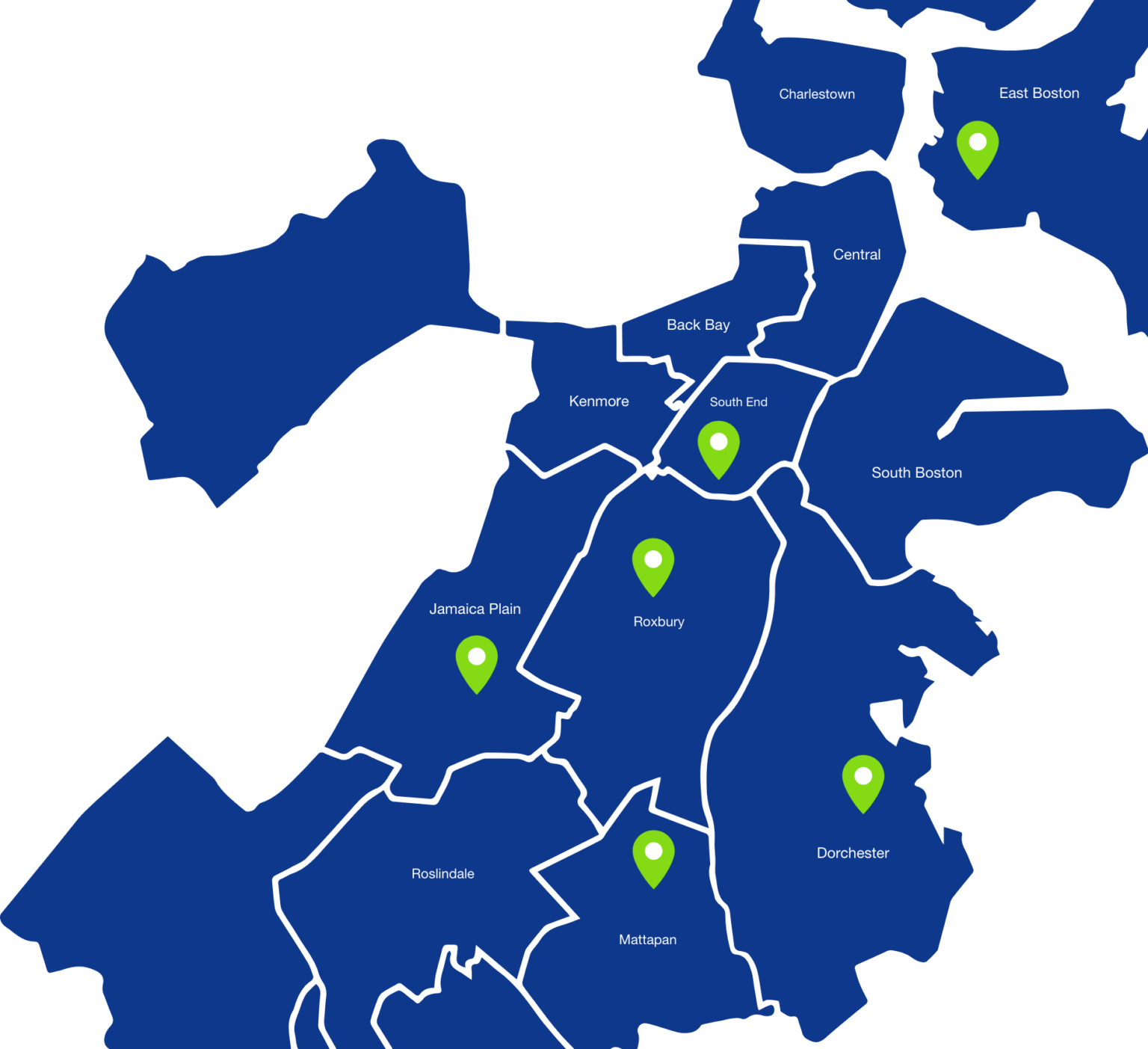
Innovative Clinical Model
In addition to police-referred young people, the program also offers services to their siblings and parents. This comprehensive approach allows YouthConnect to focus on the individual while also recognizing the need to provide overall support to families.
Clients will be offered assistance under a four-tiered system.
All youths and families that YouthConnect reaches out to are offered voluntary, confidential clinical services. An assessment is provided to determine strengths, needs, and stressors to help inform the appropriate level of service provision.
Assessments also take into consideration families’ own understanding of their needs. If other service providers are already involved with the youth and family, YouthConnect seeks to strengthen these relationships. The youth and family are then moved into one of three tiers below.
The goal of this tier of support is to connect clients to local social service providers. This involves short-term interventions focused on finding appropriate resources that meet the needs of youth and their families. Interventions may be as short as one interaction with the youth or family.
In this tier, the family is likely to be referred to pre-existing services meeting a variety of needs including recreational, educational, spiritual, employment, legal, and/or mental health needs. The average length of time that individuals are in this tier is from one month to three months.
In this tier, youth and families meet weekly with the social worker, who provides guidance and supportive counseling. Clients in this level of service may have pre-existing relationships with major service providers like DYS, DCF, and school based services, however they may not be aware of which services are in place and how to best utilize them.
YouthConnect social workers help facilitate case conferences to bring providers and systems together to identify roles and coordinate culturally appropriate care given the needs of the family.
In some cases, clients prefer initially not to engage in formal service contracts with providers and feel more comfortable accepting services through the YouthConnect social worker. This tier is open-ended and aims to create a safety net of services for the youth and family. The average length of time that individuals stay in this tier is usually anywhere from six months to a year.
Youth and their families engage in therapy for a variety of issues. In this tier, youth have weekly individual sessions and family meetings are held monthly.
Often clients have some ambivalence about working with traditional agencies; YouthConnect’s capacity to provide home and community-based visits, in addition to flexible scheduling, has enabled hard-to-reach youth and their families to access social services despite barriers to traditional mental health services such as: insurance issues, distrust of providers and systems, transportation, safety, stigma around seeking help, and readiness to engage around making changes. On average clients engage in this type of treatment from one to three years, however the length of time is driven by treatment goals created with the participants.


Proven Results
Source: Boys & Girls Clubs of Boston 2024 Data
Building a Stronger Future
